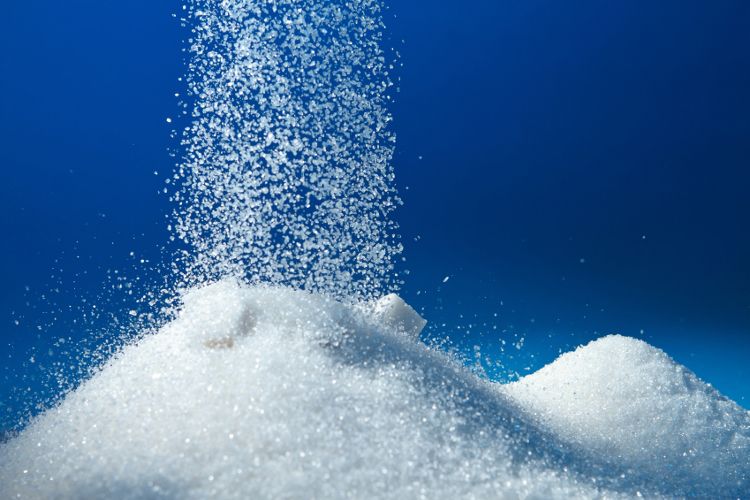Conagen announces commercialization of scalable natural sweetness enhancers
Made with precision fermentation, the enhancers are designed for taste modification in sugar reduction solutions for food and beverages.
Conagen (Bedford, MA) has announced the commercialization of an expansive portfolio of natural sweetness enhancers. Made with precision fermentation, the enhancers are designed for taste modification in sugar reduction solutions for food and beverages. According to Conagen, its precision fermentation method is the preferred, clean, and sustainable method for the development of sweetness enhancement compounds compared to other sweetness enhancers which are made by chemical synthesis or through the use of organic solvent extraction methods, which are both time-consuming, labor-intensive, and not environmentally friendly.
“These unique molecules are yet another example of how Conagen leverages its molecular platforms and precision fermentation capabilities to create useful ingredients for food and beverage applications. Our ability to rapidly scale modern, clean and sustainable sweetness enhancers provides additional and better options for taste modulation and sugar reduction beyond those enabled by the non-caloric sweeteners already on the market,” said Casey Lippmeier, PhD, vice president of innovation at Conagen, in a press release.
Conagen’s pipeline partner is Sweegen (Rancho Santa Margarita, CA). Together, they’ve developed natural sweeteners and bitter blockers using Conagen’s precision fermentation method.
“Together, with Conagen, we’re building a bridge of natural solutions with mainstream taste,” said Casey McCormick, head of global innovation at Sweegen. “These new molecules can modulate mouthfeel and boost the sensation of the sweetness of other sweeteners and flavors in food and beverages, leading to a significant reduction in sugar usage.”
Prinova acquires Aplinova to further increase its footprint in Latin America
April 7th 2025Prinova has recently announced the acquisition of Brazilian ingredients distributor Aplinova, which is a provider of specialty ingredients for a range of market segments that include food, beverage, supplements, and personal care.











